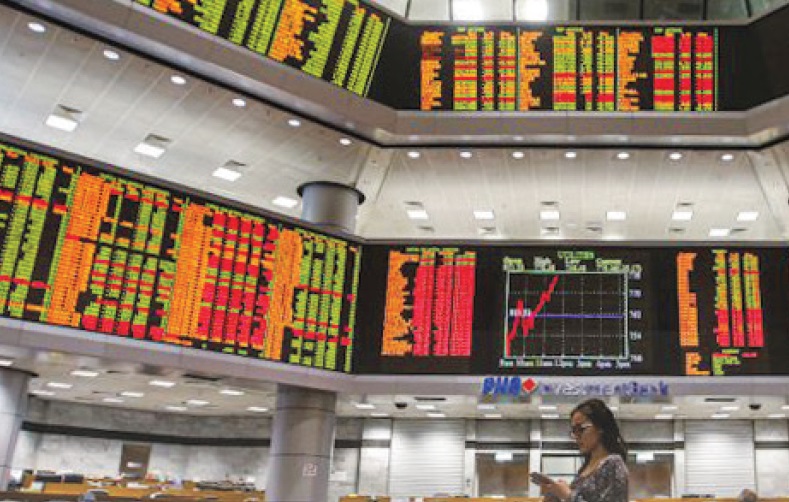Vatican sets new criteria for ethical investments
The Pontifical Academy of Social Sciences has published the Vatican’s first document setting out the criteria for faith-based measures in the world of finance.
Dec 09, 2022

By Loup Besmond de Senneville
The Pontifical Academy of Social Sciences has published the Vatican’s first document setting out the criteria for faith-based measures in the world of finance.
Mensuram Bonam, a 50-page document that was issued recently by the Pontifical Academy of Social Sciences, is intended to set out “faith-based measures for Catholic investors”. It marks the first time that a Vatican body has explicitly proposed a set of criteria that investors in financial markets should take into consideration.
While it is not a matter of drawing up a list of stocks or securities that are permitted or allowed, Mensuram Bonam believes that “24 categories” should constitute “concern” or even “prohibition” for Catholic investors.
Among them are some classic issues condemned by Catholic Social Teaching (CST), such as the promotion of abortion, weapons — nuclear or not —, as well as capital punishment, contraception and pornography. But others are less common, such as “genetic engineering” (including the GMO sector), “dehumanising computer games and toys”, or the “rights violations of Indigenous Peoples. Animal abuse/experimentation” are also part of the “exclusionary criteria“ published by the Vatican.
Beyond this list, the Holy See sets out more general values that encourage investors to consider their choices. The human person, the common good, social justice and solidarity are some of them, as well as integral ecology and the inclusion of the weakest.
The document says there are many questions that investors should ask when assessing the ethical value of a stock portfolio. These include the following: “Does governance empower community-level decisions? Have those most impacted had their say? Will this investment grow or fray social trust? Do investment policies include lessons from the marginalised?
“The Pontifical Academy of Social Sciences also pushes for the need to integrate the principles of CST into the entire process of a company’s investments in increasingly complex contexts. Markets are forever frenetic and so can be all-consuming of attention,” one reads in Mensuram Bonam.
“Each investor will have their own aims, and will bring to bear, in their own way, their faith-commitments to their decisions and practices,” the authors of the document point out.
The preparation of Mensuram Bonam began back in 2016 when the Dicastery for Promoting Integral Human Development formed a working group of about a dozen economists. More than 60 other experts in various fields related to finance, investment and ethics were also consulted. The text was on the verge of being published in 2020, but some in the Vatican thought it took a liberal line. So the project underwent a revision.
The Dicastery for Promoting Integral Human Development had hoped to publish it this past January, but that plan was scrapped at the last moment with the unexpected departure of its prefect, Cardinal Peter Turkson. The 74-year-old Ghanaian, who was named chancellor of both the Pontifical Academy of Sciences and the Pontifical Academy of Social Sciences, took the text with him and published it “under the aegis” of the latter.
Although the reflection is still in its infancy, the stakes are high, and go far beyond the financial investments made by religious communities.
Some studies estimate that more than two-trillion dollars of “Christian money” is invested around the world, coming from both Christian institutions and believers. In the United States, some experts put the amount of diocesan savings coming from institutions linked to the Catholic Church as well as from the savings of practising Catholics at 800 billion.
These enormous sums of money are proof, for the authors of Mensuram Bonam, that it is possible to use financial markets to promote Catholic Social Teaching and to exert pressure to encourage virtuous businesses and practices. This text, which is not, strictly speaking, part of the magisterium of the Catholic Church, is nevertheless an important step. It leaves some hoping for a more official document on the subject, this time directly signed by Pope Francis himself. --LCI







Total Comments:0